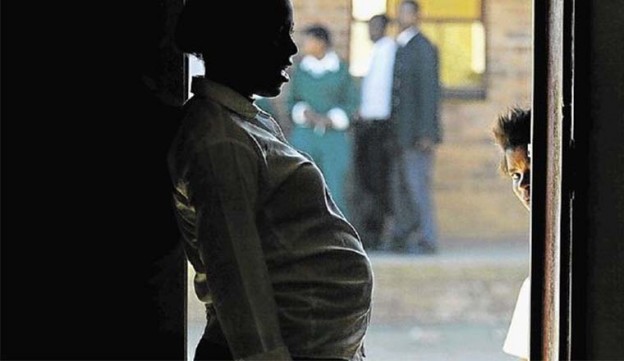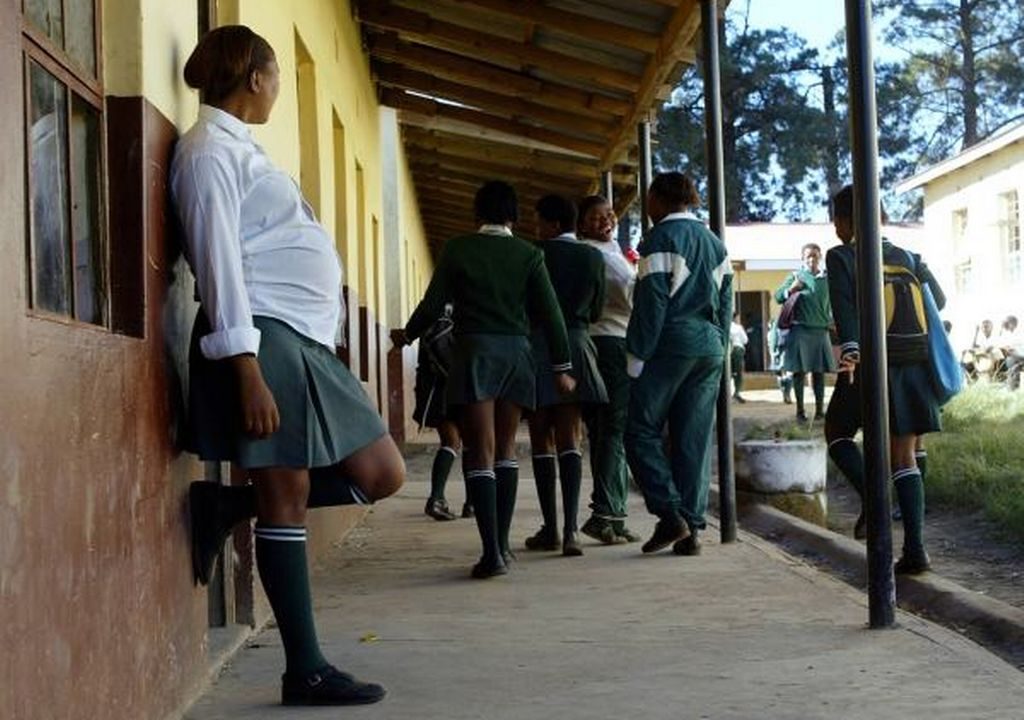Girls in Sierra Leone have cause to celebrate. On December 12, the Court of Justice of the Economic Community of West African States (ECOWAS) ordered Sierra Leone to immediately revoke a 2015 policy that bans pregnant girls from studying in public schools. The court held that the policy is discriminatory and violates the right to education.
The court also ruled that Sierra Leone’s exclusive schools for pregnant girls – where learners attend school three times a week, learn only four subjects, and are all taught in a single class together regardless of age and academic achievement – are discriminatory and violate girls’ right to equal education. It ordered the government to take action to reduce stigma against pregnant girls and to integrate sexual and reproductive health education into school curricula. A group of non-governmental organizations brought the case before the regional court.
The ECOWAS Court of Justice ruling is the latest in a positive trend in the region toward recognizing the right of all girls—including pregnant, parenting, and married girls–to education. African governments have committed to inclusive education for all through the United Nations Sustainable Development Goals (SDGs), which include, by 2030, that governments will “ensure inclusive and equitable quality education and promote lifelong learning opportunities for all.” This includes a commitment to eliminate gender disparities in education.
African leaders also adopted Agenda 2063, a continent-wide economic and social development strategy that prioritizes sustained investments in education, including “elimination of gender disparities at all levels of education.” In February 2018, the African Commission on Human and Peoples’ Rights and the African Committee of Experts on the Rights and Welfare of the Child explicitly said that African States have human rights obligations to facilitate “retention and re-entry of pregnant or married girls in schools.”
Sierra Leone is among a small group of African countries that have a discriminatory policy. Human Rights Watch research shows that many African Union governments have adopted laws and policies that protect adolescent girls’ right to education during pregnancy and motherhood. However, the way they carry out these laws and policies frequently falls short, and monitoring of adolescent mothers’ participation in education remains weak overall.
Although many African governments say they support girls, they make it hard for girls to resume their education. Some governments force pregnant girls to leave school and re-enter later, rather than putting in place a “continuation policy” that would allow a pregnant student to remain in school for as long as she chooses to. When supported, most girls want to go back to school as soon as possible.

Long periods of mandatory maternity leave from school, complex re-entry processes such as those that require medical certification (in Senegal) or letters to various education officials (in Malawi), or stringent conditions that force girls to apply for readmission to a different school, can discourage adolescent mothers from seeking to return to school or undermine their ability to catch up with their studies. In some contexts, these barriers add up to the many other disincentives any girl would face on her education journey.
Other factors also contribute to the failure of thousands of adolescent mothers to continue their formal education. High among them is the lack of awareness among communities, girls, teachers, and school officials that girls can and should go back to school, and about policies designed to make this possible. Girls are also often deeply affected by financial barriers, lack of support, and stigma in communities and schools alike.
All girls have a right to education regardless of their pregnancy, motherhood, or marital status. Sierra Leone should immediately lift the ban and support girls so that they can make a full and successful return to their studies. African countries with policies that safeguard pregnant girls’ education—such as Kenya and South Africa, should encourage countries that lack adequate policies to follow suit. These countries should put pressure on the minority of countries that have adopted or encouraged punitive and discriminatory measures against adolescent mothers, including Tanzania and Equatorial Guinea, to adopt human rights compliant policies.
The African Union should help facilitate a coordinated and comprehensive approach to protect the right to education for pregnant girls and young mothers, including through assessing existing policies and practices and creating campaigns to build awareness and support for their education. It should consider developing a human-rights compliant model policy and guidelines for governments to adhere to while developing measures to ensure that pregnant, parenting or married girls have every opportunity and encouragement to continue studying.
Leaving pregnant girls and adolescent mothers behind are harmful to the continent’s development. Pregnant girls in Africa need support, not punishment or rejection. Their education is a right, not a privilege government can withdraw at will.

